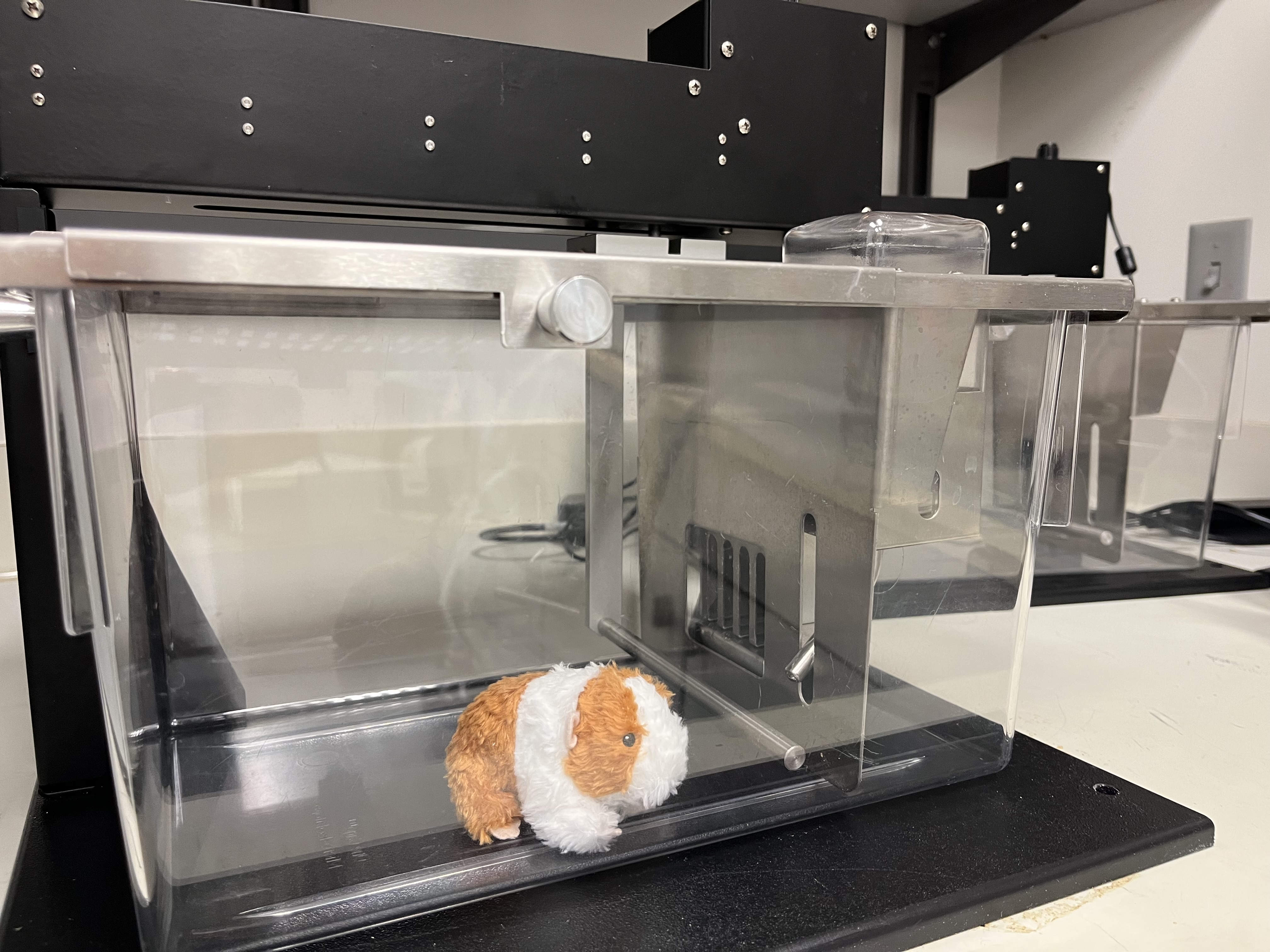Tiered Mentoring Program
Effects of circadian disruption on liver, gut, and brain physiology
Dr. Jessie M. Ferrell, Assistant Professor of Integrative Medical Sciences at Northeast Ohio Medical University (NEOMED)
 Our lab is interested in the interactions among the liver, gut, and brain and how these interactions are perturbed by metabolic disease. One of our projects relates to circadian rhythms: 1) how do circadian rhythms maintain homeostasis, and 2) how does circadian disruption contribute to the development of metabolic disease? Circadian rhythms originate from the hypothalamus and direct the timing of our physiology. Disruptions to circadian rhythms (in the form of shift work, jet lag, or sleep loss) can negatively affect organ function and lead to worsened health outcomes, including symptoms of metabolic syndrome like obesity and Type II diabetes. Peripheral disorders like Type II diabetes and metabolic syndrome are increasingly recognized as risk factors for the development of Alzheimer’s disease (AD). We are employing sleep deprivation experiments in a mouse model of AD to study how circadian disruption affects liver, gut, and brain physiology, and to determine whether early- and mid-life circadian disruption worsens symptoms of AD.
Our lab is interested in the interactions among the liver, gut, and brain and how these interactions are perturbed by metabolic disease. One of our projects relates to circadian rhythms: 1) how do circadian rhythms maintain homeostasis, and 2) how does circadian disruption contribute to the development of metabolic disease? Circadian rhythms originate from the hypothalamus and direct the timing of our physiology. Disruptions to circadian rhythms (in the form of shift work, jet lag, or sleep loss) can negatively affect organ function and lead to worsened health outcomes, including symptoms of metabolic syndrome like obesity and Type II diabetes. Peripheral disorders like Type II diabetes and metabolic syndrome are increasingly recognized as risk factors for the development of Alzheimer’s disease (AD). We are employing sleep deprivation experiments in a mouse model of AD to study how circadian disruption affects liver, gut, and brain physiology, and to determine whether early- and mid-life circadian disruption worsens symptoms of AD.
The student applicant will work with graduate students and technicians to learn molecular biology techniques, including qPCR, Western blotting, and ELISA, in addition to histology and other metabolic phenotyping. The student will also learn scientific communication and presentation skills and will have the opportunity to attend seminars hosted by the Diabetes, Obesity & Metabolism Research Focus Area at NEOMED.
